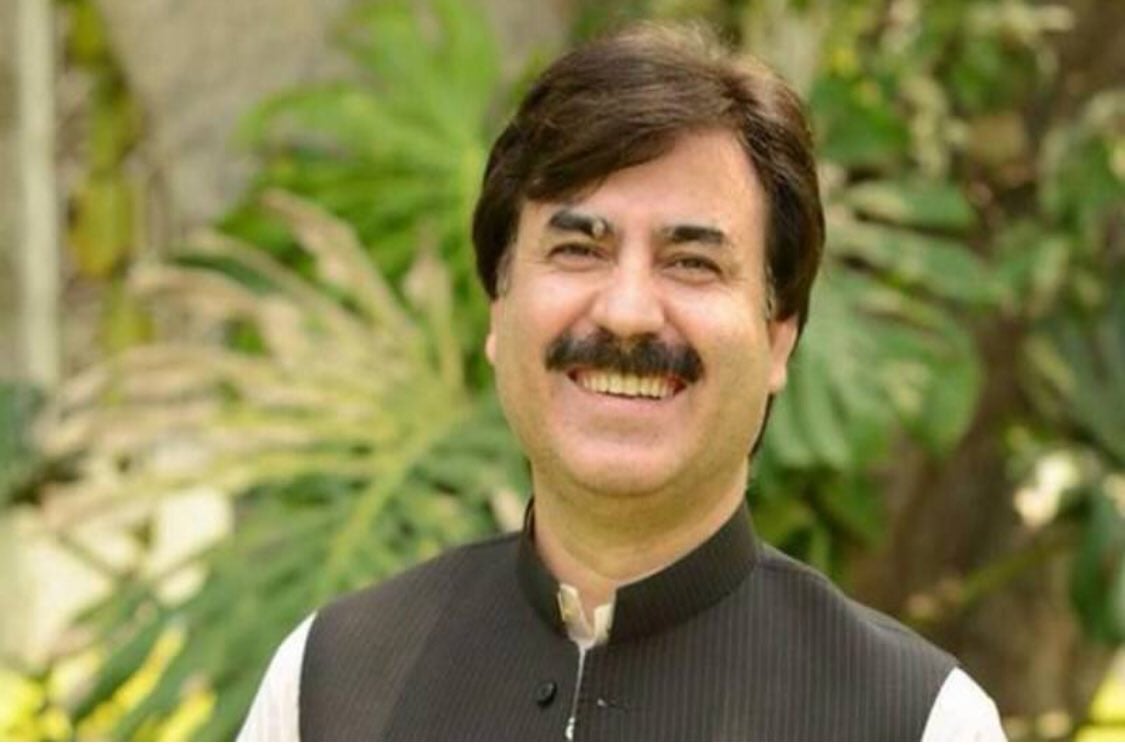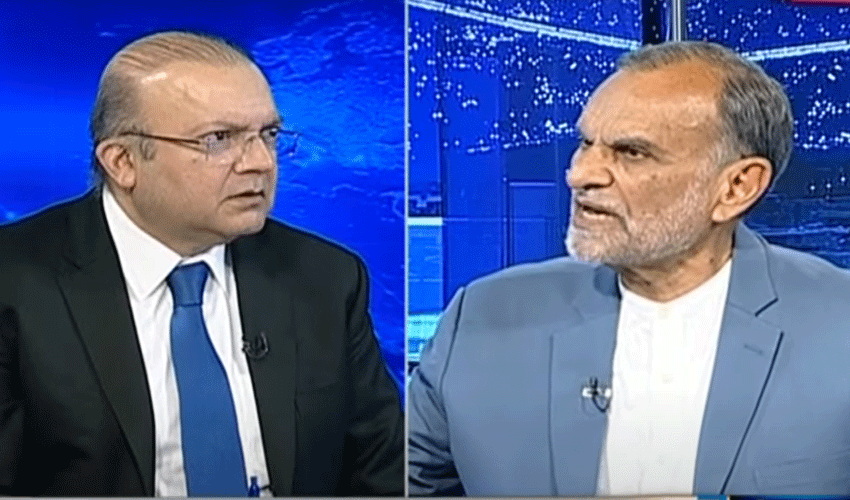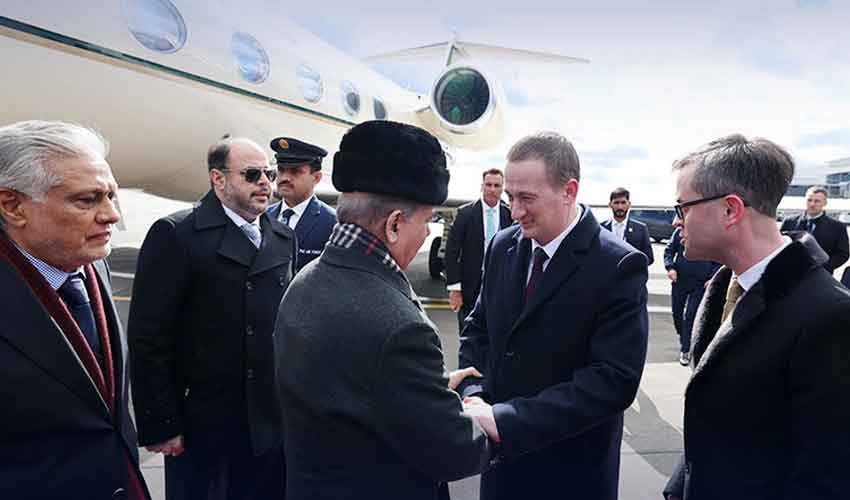Pakistan Tehreek-e-Insaf (PTI) leader Shaukat Yousafzai has expressed disappointment over the government’s handling of ongoing political negotiations, accusing it of giving the talks an "NRO-like" hue.
He urged the government to adopt a more serious approach to resolving the country’s economic and political crises.
Speaking to reporters, the former provincial minister emphasised the need for meaningful dialogue to steer Pakistan out of its current challenges. “We want to talk to pull the country out of the economic quagmire and political crisis,” Yousafzai stated, warning that a lack of seriousness from the government could jeopardise the negotiation process.
He criticised federal ministers for making what he described as "irresponsible and unnecessary statements," labelling them as counterproductive to the talks. “These statements are beyond comprehension and reflect a lack of commitment,” he added.
Yousafzai also accused the government of undermining the negotiation process by not letting the PTI’s negotiation committee meet party founder Imran Khan in prison. “While the government’s negotiation team has the liberty to consult its leader at any time, PTI is being denied this basic right. This shows the government’s fear and malice,” he alleged.
Yousafzai also lamented the repeated postponement of the case involving £190 million, calling it a “setback for the justice system.” He urged the government to keep judicial matters separate from political negotiations and to refrain from influencing the judicial process.
Reaffirming the PTI’s stance, Yousafzai declared that Imran Khan would neither leave the country nor shift to Bani Gala or accept any form of an NRO. “Our leader will prove his innocence through the judicial system,” he said.
Yousafzai further warned that if the talks fail to yield results, the PTI may resort to a civil disobedience movement, which would create additional challenges for the government.
Concluding his remarks, Yousafzai urged the government to rein in its ministers and focus on constructive dialogue. “The country’s future depends on these talks, and we need a mature, serious approach to overcome the current crises,” he said.



























